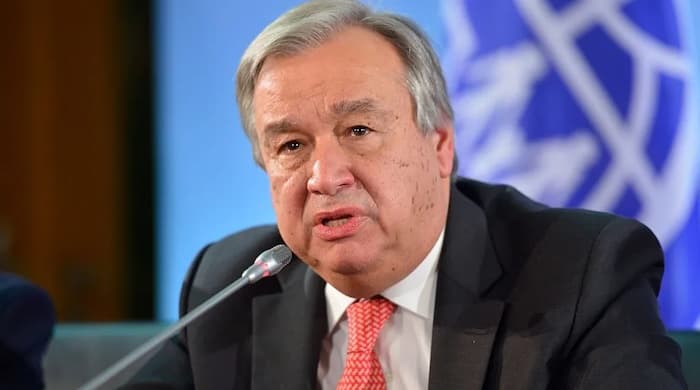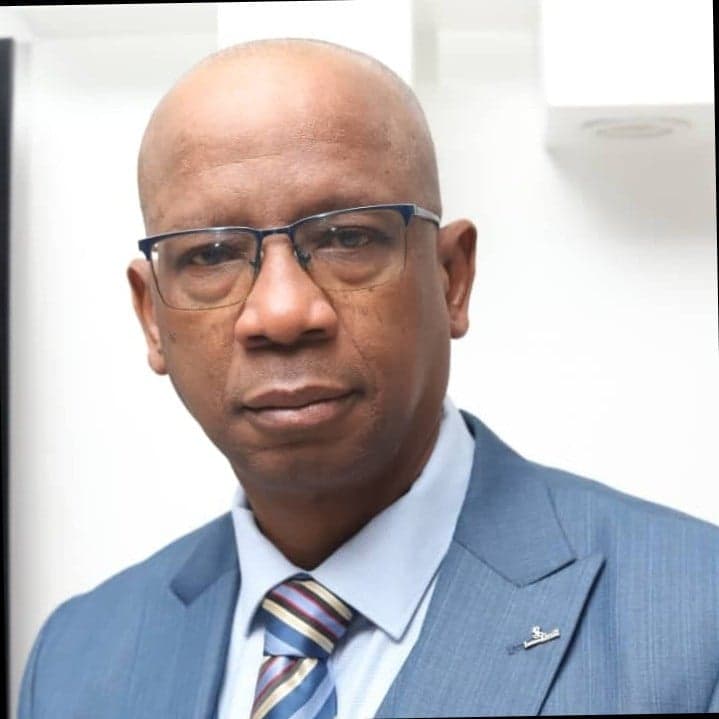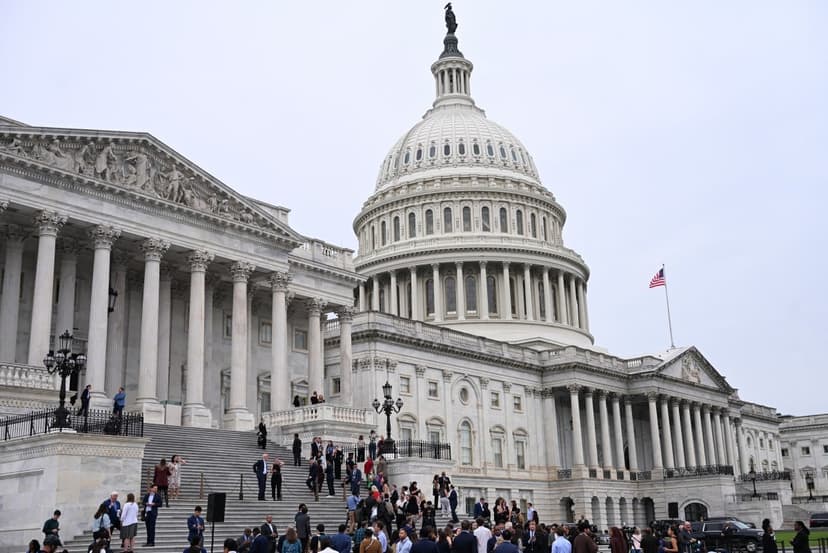
The UN expresses concern that only 2% of global investments in clean energy go to Africa.
Speaking at the Energy Transition Roundtable during the 30th Conference of the Parties to the United Nations Framework Convention on Climate Change (COP30) in Belém, Brazil, UN Secretary-General António Guterres urged a shift towards people-centered investment in energy grids and an immediate end to fossil fuel subsidies.
So, what exactly does this 1.5°C target mean? It's the maximum global warming limit that countries pledged to stay under, primarily to prevent the most dangerous and irreversible climate impacts. Essentially, it means holding the Earth's average temperature increase to no more than 1.5°C above pre-Industrial Revolution levels (roughly the late 1800s). Alarmingly, the world has already warmed by approximately 1.2°C.
Guterres highlighted some encouraging progress, noting that last year, a remarkable 90 percent of new power capacity came from renewables. Global clean energy investment hit $2 trillion, outpacing fossil fuel funding by $800 billion. Renewables are now the most affordable source of new electricity in almost every country, fostering prosperity and bringing power to communities that have long been underserved. He also pointed out that every dollar invested in renewables generates three times more jobs than in fossil fuels, with clean energy jobs now surpassing fossil fuel jobs globally. "The renewables revolution is here," he declared, "but we must accelerate much faster and ensure all nations benefit."
He reminded attendees that at COP28, countries committed to a just, orderly, and equitable transition away from fossil fuels, along with tripling renewable energy capacity and doubling energy efficiency by 2030. "The mandate is clear – now we must close the delivery gap," he stressed. This is where the world is "falling dangerously short." Even if new national commitments are fully implemented, the planet is still on track for over 2°C of warming, leading to more floods, extreme heat, and widespread suffering. Scientists now consider overshooting the 1.5°C target inevitable, likely starting by the early 2030s at the latest. However, Guterres emphasized that "how high and how long that overshoot lasts depends on the speed and scale of our actions today."
To eventually return below 1.5°C by the century's end, global emissions must be nearly halved by 2030, reach net zero by 2050, and then become net negative. To achieve this, he outlined five crucial steps:
1. **Align policies:** Provide clarity and coherence, aligning laws, policies, and incentives with a fair energy transition. This includes eliminating fossil fuel subsidies that distort markets and trap us in the past.
2. **Center people and equity:** Support workers and communities whose livelihoods depend on coal, oil, and gas, offering training, protection, and new opportunities, especially for youth and women.
3. **Invest in infrastructure:** Rapidly upgrade grids, storage, and efficiency to keep pace with the surging growth of renewables.
4. **Power with clean energy:** Meet all new electricity demand with clean power, including the energy-hungry data centers driving the artificial intelligence (AI) revolution. Technology should be a solution, not a new problem.
5. **Unlock finance for developing nations:** Africa, for instance, currently receives only 2 percent of global clean energy investment. International cooperation is essential to dismantle barriers, reduce capital costs, and attract private investment at scale.
"While each country's path may differ, the destination must be the same: a net-zero world, consistently followed by a net-negative world, powered by renewables," Guterres urged. He called for strong support for developing countries to help them transition away from fossil fuels through increased cooperation, investment, and technology transfer, tailored to their specific capacities and dependencies. "Let us move with speed and solidarity. Make fairness the engine of acceleration – and build economies that are clean, inclusive, and resilient. Turn climate necessity into development opportunity – everywhere. The fossil fuel age is ending. Clean energy is rising. Let us make the transition fair, fast, and final," the UN Secretary-General concluded.
Meanwhile, Sidi Ould Tah, President of the African Development Bank (AfDB) Group, reaffirmed the institution's dedication to turning "promises into progress." He highlighted the AfDB's achievement as the first multilateral development institution to reach equal financing for climate adaptation and mitigation. Speaking at the Belém Climate Summit, a gathering of world leaders in Brazil preceding COP30 to review Paris Agreement progress, Dr. Ould Tah stressed the Bank's resolve to intensify climate action.
"We are all gathered here, driven by our collective responsibility to protect nature, our most precious asset in combating climate change and ensuring humanity’s survival," he stated during a session on Climate and Nature: Forests and Oceans. African delegates emphasized the continent's vital role in global climate stability, noting that Africa, home to 17 percent of the world’s tropical forests, loses an estimated 3.7 million hectares annually. Nigeria's Vice President Kashim Shettima called for new mechanisms to protect forests and oceans, arguing that "What Africa is asking for is equitable access to the carbon market to enable countries to restore forest and ocean resources."
President Ould Tah underscored that Africa's ecosystems are not just natural assets but crucial climate regulators. He cited the Congo Basin as a prime example, holding the world’s largest tropical peatlands that store approximately 29 billion tons of carbon—equivalent to three years of global emissions. He outlined the AfDB's climate strategy, focusing on mobilizing capital for green growth, promoting debt-for-nature swaps, empowering women and youth in environmental protection, and investing in resilient, nature-friendly infrastructure.
In a significant move, Ould Tah joined Brazilian President Luiz Inácio Lula da Silva to launch the Tropical Forests Forever Facility, a global fund designed to support countries in the Amazon and Congo Basins, as well as other tropical forest regions. Ould Tah warmly welcomed Brazil’s initiative, calling it a milestone in global climate solidarity and aligning with the AfDB's biodiversity programs like the Congo Basin Forest Fund.
As COP30 negotiations resume today, November 10, delegates are expected to push for progress on the New Collective Quantified Goal (NCQG) for climate finance. This goal commits developed countries to mobilize at least $300 billion annually by 2035 for developing nations. With these commitments yet to fully materialize, the AfDB announced it is actively helping the continent explore innovative financing solutions.


